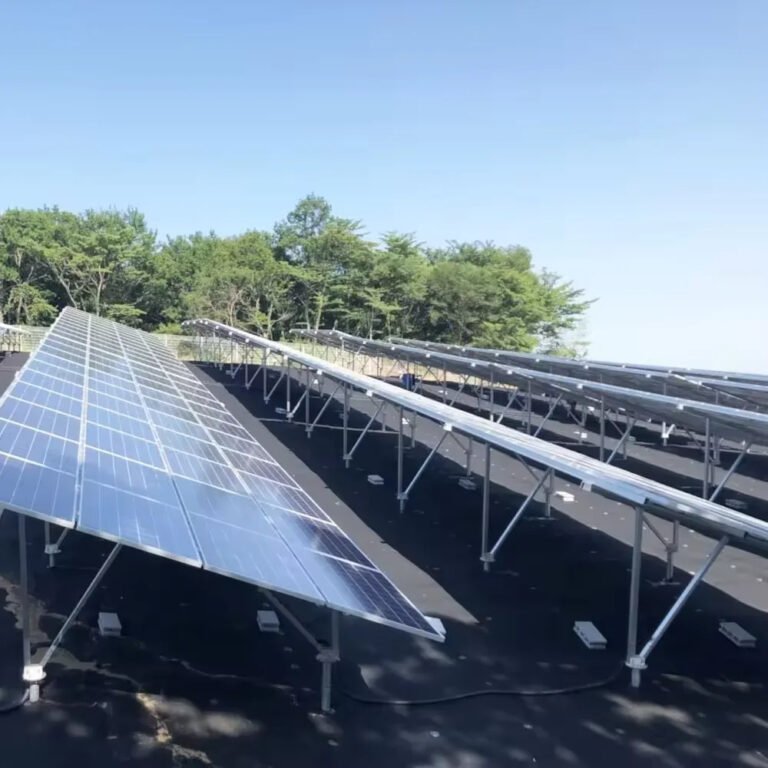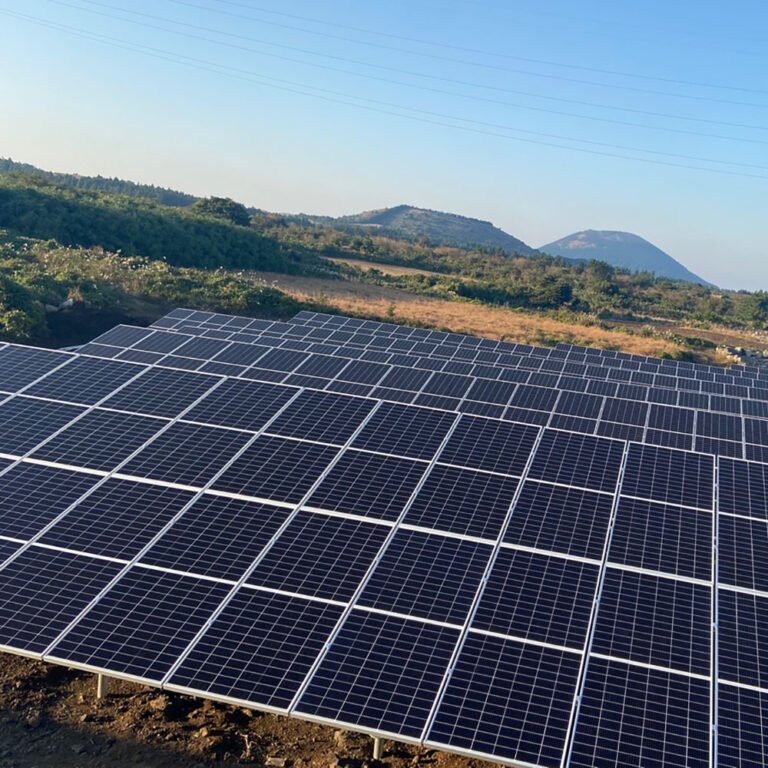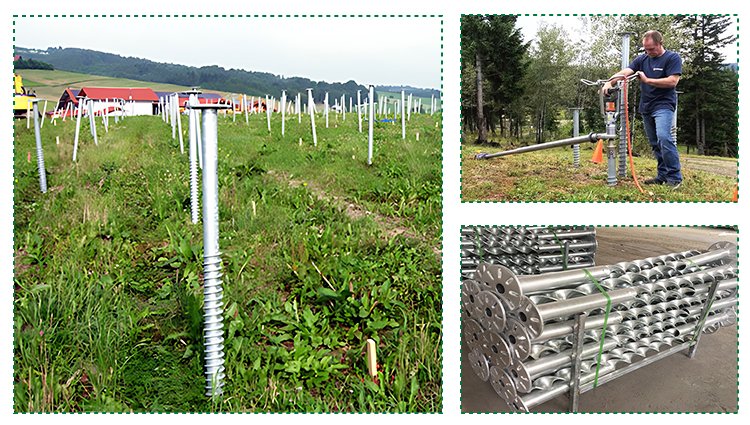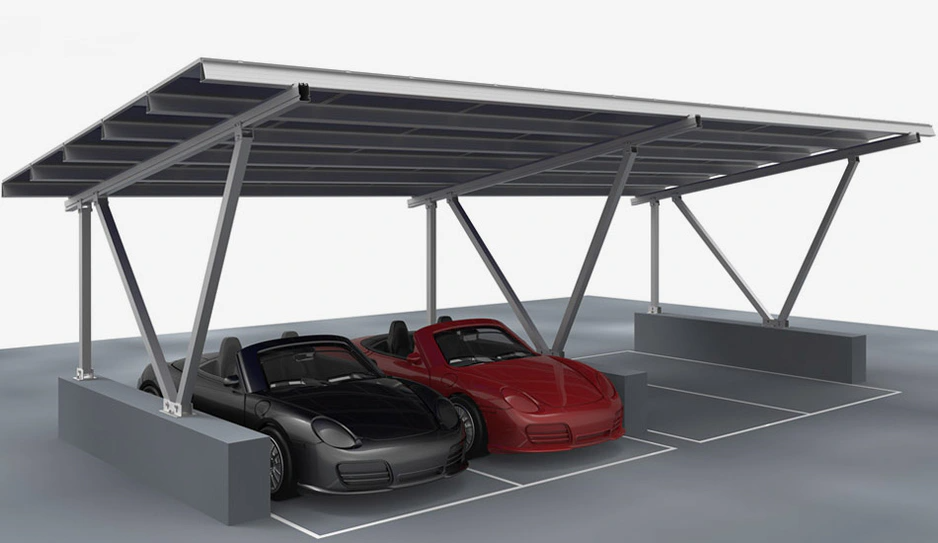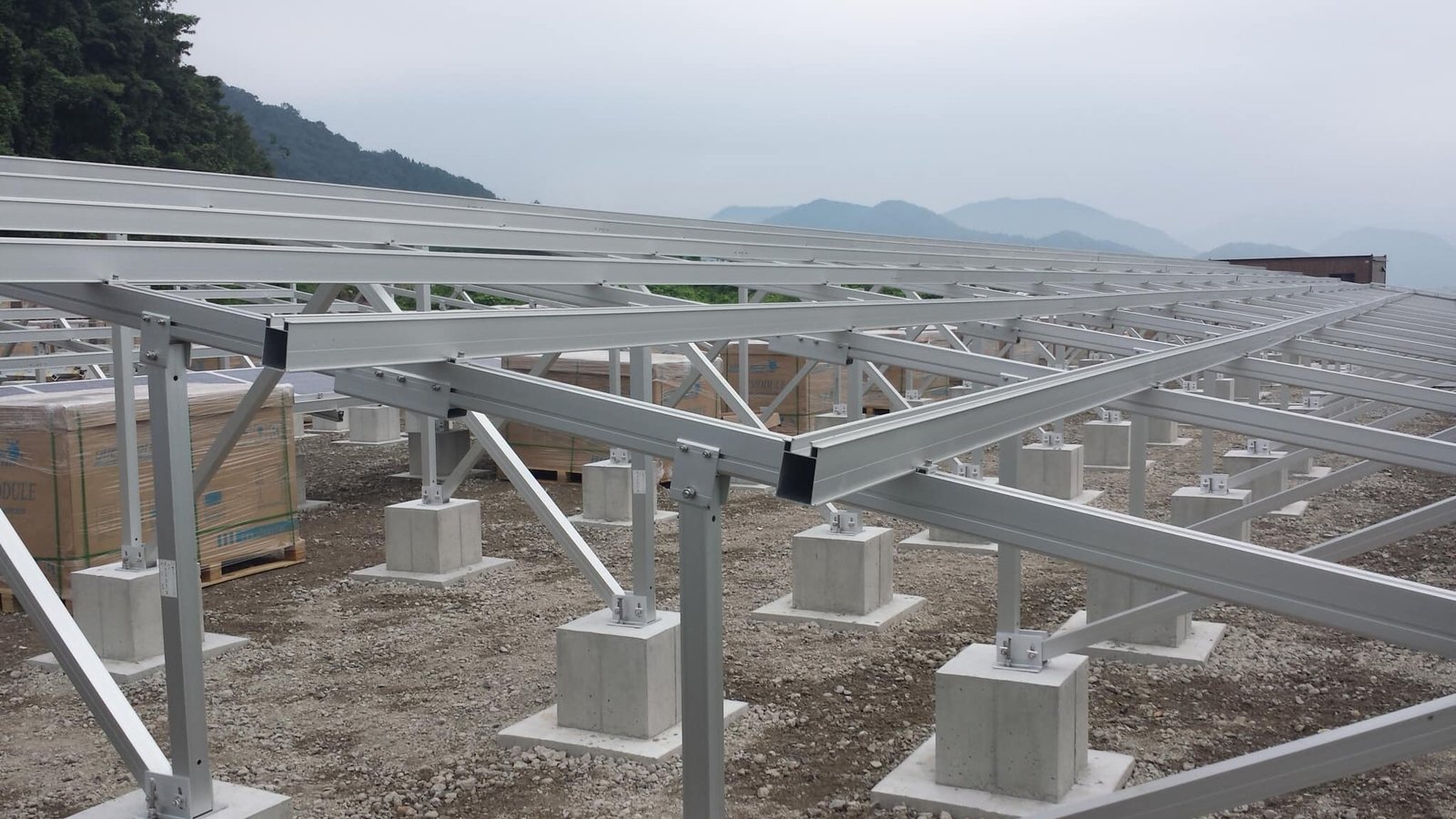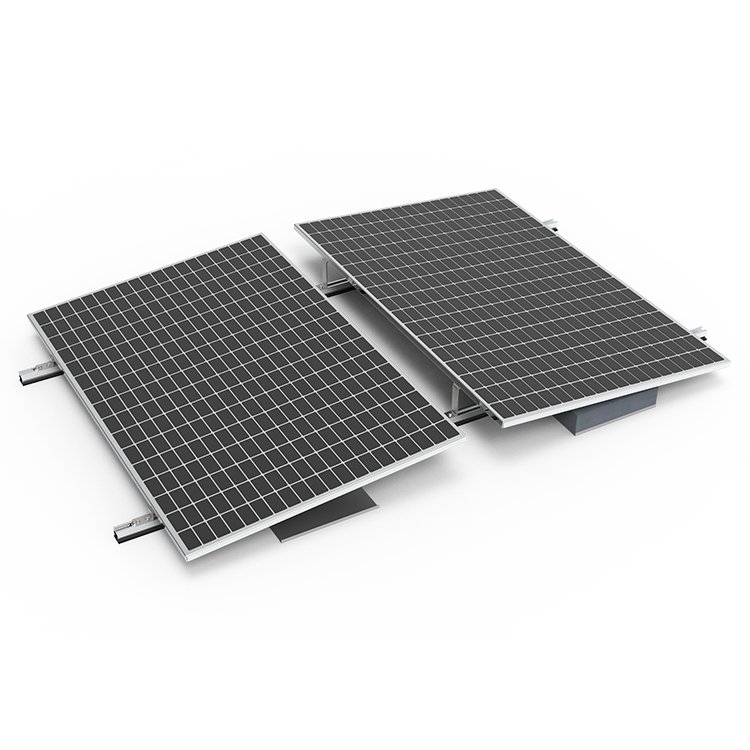-
2103 Room NO.322 Xinggang One Road,Haicang District,Xiamen Fujian,China
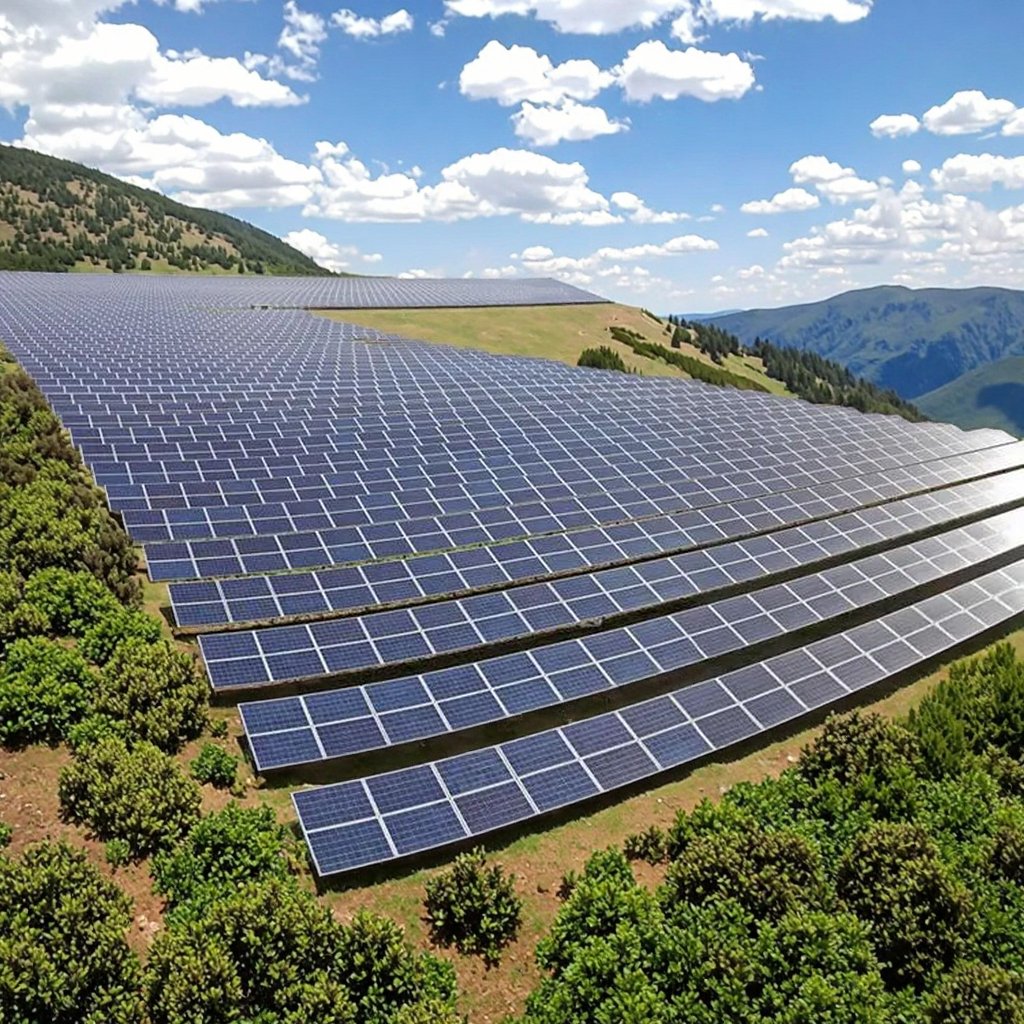
What Is an EPC? Benefits of Hiring an EPC Contractor for Solar Projects
In the solar energy industry, EPC stands for Engineering, Procurement, and Construction. An EPC contractor is responsible for handling the entire lifecycle of a solar power plant project—from site assessment and system design to procurement and installation.
This article explores the key functions of EPC contractors, their advantages and disadvantages, and practical tips for choosing the right EPC partner.
Table of Contents
Understanding EPC in Solar Power
What Does EPC Mean?
EPC contractors offer turnkey solutions by integrating:
- Engineering: Design, layout, permitting, and simulations
- Procurement: Sourcing of components such as solar panels, inverters, and mounting systems
- Construction: Site preparation, mechanical and electrical installation, and project management
They streamline project execution by providing a single point of contact for the client.
Engineering (E) – Smart Design for Maximum Output
The engineering phase includes:
- Site Assessment: Sunlight availability, shade analysis, terrain conditions
- System Layout: Placement of solar panels, cable runs, inverters
- Permits & Coordination: Liaison with local authorities, grid connection approval
- Component Selection: Choosing panels and mounting systems based on environmental conditions and cost
- Simulation & Forecasting: Estimating output and financial returns
In Japan, for example, floating solar systems on reservoirs are gaining popularity due to limited land—highlighting the importance of precise engineering.
🔗 Système de montage solaire flottant
Procurement (P) – Ensuring Quality and Cost Efficiency
During the procurement stage, the EPC contractor:
- Sources certified components like panels, cables, and racking
- Verifies product durability and warranty conditions
- Coordinates delivery timelines to avoid construction delays
Top EPCs partner with manufacturers of aluminum or galvanized steel racking systems, such as those used in large-scale ground or carport installations.
🔗 Aluminum Ground Mount – Screw Pile Foundation
🔗 Steel Double Solar Panel Carport
Construction (C) – Delivering a Fully Functional Solar Plant
Construction involves:
- Mechanical Installation: Mounting structures, panels, inverters
- Electrical Work: Cabling, grounding, interconnection
- Site Management: Supervising subcontractors, maintaining safety protocols
The performance of your solar plant is heavily influenced by construction quality, especially in regions prone to earthquakes or typhoons like Japan.
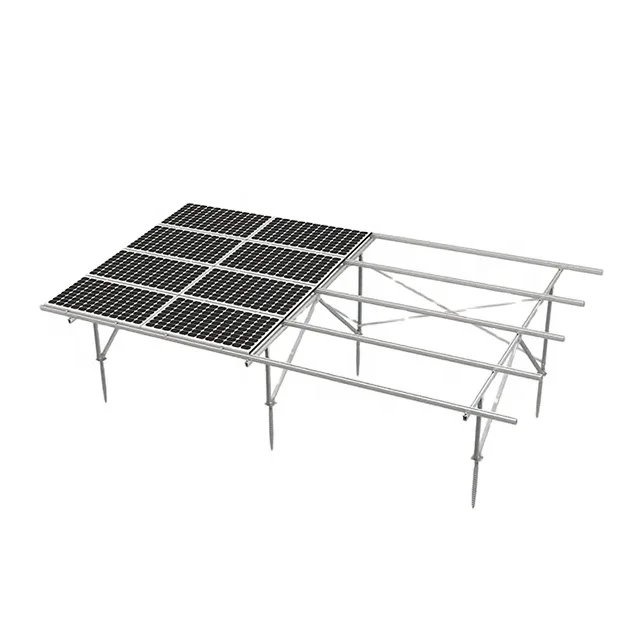
Advantages of Hiring an EPC Contractor
1. Streamlined Project Execution
With a single contractor overseeing all stages, coordination is seamless, reducing miscommunication and delays.
2. Custom Solutions
EPCs tailor designs to your local climate, land characteristics, and utility policies. This is crucial in Japan, where land scarcity and FIT regulations influence system design.
3. Simplified Support During Issues
With full accountability, EPCs serve as a one-stop contact in case of problems—eliminating finger-pointing between suppliers and installers.
Drawbacks to Consider
The main disadvantage is higher cost. EPC services bundle management, profit margins, and potentially subcontractor markups. To mitigate this:
- Request transparent breakdowns of engineering, procurement, and construction costs
- Compare multiple quotes and validate the scope of service
Key Points When Selecting an EPC Contractor
1. Track Record and References
Check if the EPC has experience with similar project types—especially in your region or terrain. For instance, rural Japan requires EPCs familiar with agricultural solar systems.
🔗 Terrain agricole Système de montage solaire

2. Availability of Simulations
A good EPC should offer detailed projections of solar generation, ROI, and payback period. Ask how they model local sunlight hours and seasonal variations.
3. O&M and Long-Term Support
Verify whether the EPC offers operations and maintenance services post-installation. This includes inspections, cleaning, performance monitoring, and component replacements.
4. Transparency in Quotation
Insist on itemized quotations that clearly state:
- Brand and specs of panels/inverters
- Labor and equipment charges
- Warranty terms and support fees
Clear breakdowns reduce the chance of unexpected costs later.
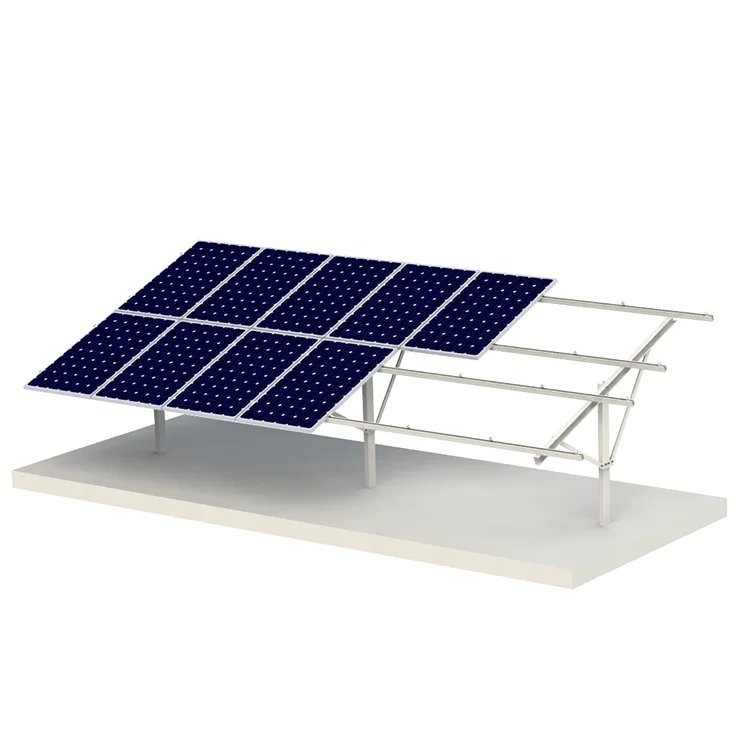
Conclusion
Hiring an EPC contractor for solar installation provides convenience, reliability, and professional oversight—especially valuable in complex or large-scale projects. However, to avoid inflated costs or unmet expectations, carefully assess their technical capabilities, quote transparency, and after-sales support.
For utility-scale or custom projects, explore mounting solutions like:
- 🔗 Système de montage solaire flottant
- 🔗 Ramming Pile Ground Mounting System
- 🔗 Système de montage pour abri de voiture solaire
By selecting a trusted EPC partner and suitable mounting structure, your solar project will be well-positioned for long-term performance and profitability.

